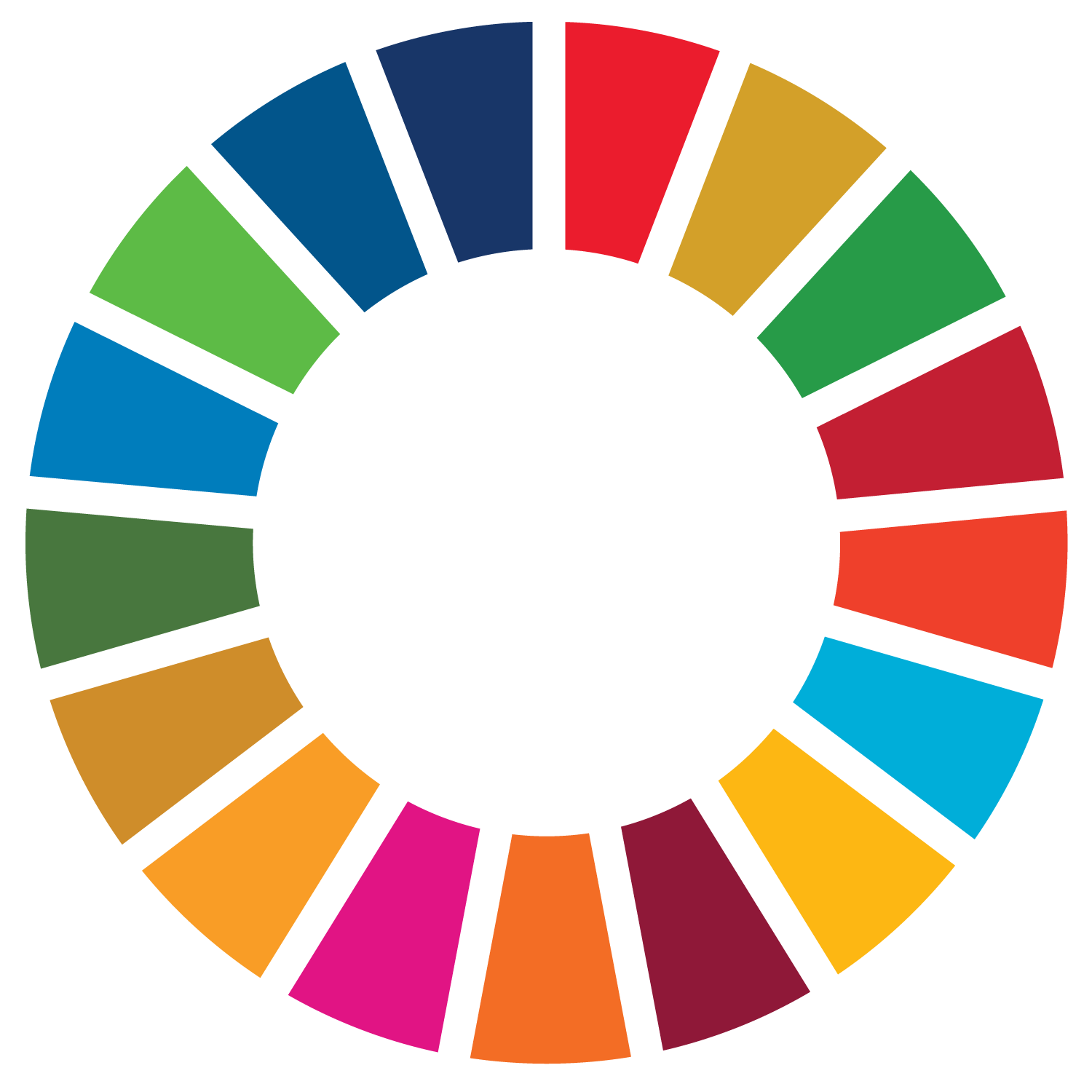© Cap-Net UNDP
Natural and artificial lakes hold more than 90% of all liquid fresh water on the planet’s surface. They support a wide range of wildlife, agriculture, fisheries and industry. But these ecosystems are declining at an unprecedented rate due to a combination of threats, including rising temperatures, biodiversity loss, unsustainable land use, and pollution from fertilizer run-off and industrial effluent. In recognition of these threats, the United Nations Environment Assembly adopted a landmark resolution on Sustainable Lake Management (SLM) in March 2022. It calls on countries to protect, restore, and sustainably use lakes, while integrating them into national and regional development plans.
In partnership with UN Environment Programme, Cap-Net UNDP, and The International Lake Environment Committee Foundation (ILEC), the UNEP-DHI Centre is launching a new course on Sustainable Lake Management.
The main objective of the course is to enhance practitioners’ understanding of SLM and equip them with the tools to develop and implement a lake recovery plan that considers the input of diverse stakeholders and is tailored to the participants’ unique environmental and socio-economic conditions.
Participants will learn about the main threats to lakes and the basic principles of SLM, such as the Integrated Lake Basin Management (ILBM) and Principles of Ecosystem Restoration. The course demonstrates ways to identify existing baseline conditions, challenges and information gaps, as well as funding opportunities and possible solutions to the challenges of transboundary lake basins.
At the end of the training, participants will be able to design, implement, and refine participatory lake recovery plans that promote the sustainable use of lake resources.
There are five modules in the course and participants will receive a certificate issued by the course organizers upon completion of all modules. Each module provides participants with engaging resources, including readings, videos, websites, interactive forum discussions and quizzes to enhance the learning experience. The modules are as follows:
- Introduction - Introduces the new proposed definition of SLM, why SLM is needed, the international momentum behind it and fundamental principles.
- Determining the Baseline – Presents standards, key components of a lake recovery plan and a tool for conducting a baseline assessment.
- Guidelines, Tools and Technologies for Monitoring and Evaluation – Highlights standards, steps and tools for conducting effective monitoring and evaluation when a lake recovery plan is implemented. Nature-based solutions will also be highlighted for consideration in this stage.
- Institutions, Stakeholder Engagement and Policies – Attributes of effective institutions and policies in SLM will be showcased, along with tips for stakeholder engagement and strategies for managing transboundary lakes.
- Implementation and Financing – How to implement SLM, along with key considerations when doing so; the variety of financing mechanisms available will be highlighted.
The target audience for this course is lake or water professionals in middle management, but this online, free and self-paced course is open to anyone who wants to improve their skills in sustainable lake management. The course is available until November 15, 2024.

- Last updated: June 26, 2024
Share this post
UNEP DHI Partnership – Centre on Water and Environment
Agern Allé 5, 2970 Denmark
Tel: +45 45169200
